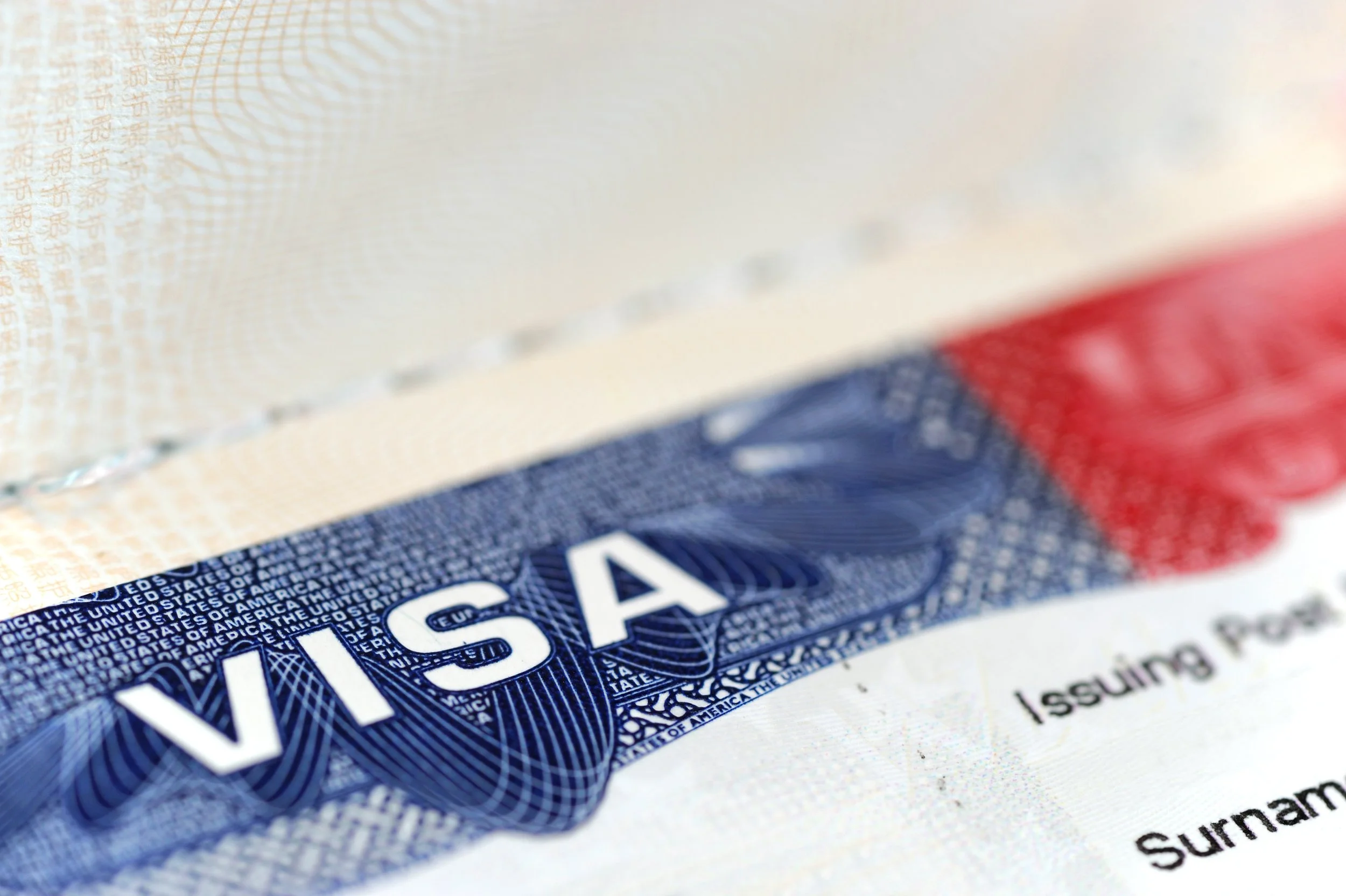Are you or someone you know a victim of a crime in the United States? The U Visa might be the solution you've been searching for.
What is a U Visa?
The U Visa is for victims of certain crimes who have suffered mental or physical injury and are willing to assist law enforcement and government officials in investigating or prosecuting criminal activity. This visa provides victims with protection and support and offers a path to lawful immigration status in the United States.
To be eligible for U nonimmigrant status, principal petitioners must establish that they meet the following eligibility requirements:
They are or were the victim of a qualifying criminal activity or qualifying crime (QCA) that violated U.S. law or occurred in the United States;
They possess information concerning the QCA;
They have been, are being, or are likely to be helpful to a federal, state, tribal, or local law enforcement official, prosecutor, judge, or other authority investigating or prosecuting the QCA;
They have suffered substantial physical or mental abuse as a result of being a victim of a QCA; and
They are admissible or merit a discretionary waiver of any applicable grounds of inadmissibility.
Let’s break these down.
“They are or were the victim of a qualifying criminal activity or qualifying crime (QCA) that violated U.S. law or occurred in the United States.” You must be a victim of a qualifying crime designated in 101(a)(15)(U)(iii) of the Immigration and Nationality Act (INA). These crimes include, but are not limited to:
Abduction
Blackmail
Domestic Violence
Felonious Assault
Kidnapping
Rape/Sexual Assault
Stalking
Blackmail
“They possess information concerning the QCA.” You must report the crime to law enforcement.
“They have been, are being, or are likely to be helpful to a federal, state, tribal, or local law enforcement official, prosecutor, judge, or other authority investigating or prosecuting the QCA.” You must be helpful to law enforcement and not refuse to assist in investigating or prosecuting the crime.
“They have suffered substantial physical or mental abuse as a result of being a victim of a QCA.” This can be documented through medical records, sworn statements, and psychological evaluations.
“They are admissible or merit a discretionary waiver of any applicable grounds of inadmissibility.” If you have entered illegally, have a removal/deportation order, worked without authorization, committed a crime, or might be inadmissible for any other reason, the appropriate waiver must be submitted to USCIS.
CASE STUDY
A client was referred to Cameron Law to file a federal complaint (Mandamus) against USCIS over his delayed U visa application. He had filed in 2018 through another attorney and never received a bona fide determination, which provides employment authorization and deferred action in 4-year increments until the U visa is approved.
A federal lawsuit was filed against USCIS. Shortly after, USCIS requested evidence in his case, requiring that nearly all documents, including the law enforcement certification, be re-submitted.
It is challenging to obtain a re-signed law enforcement certification five years later. Contact must be made with the certifying agency, which in this case was a sheriff's office in the midwestern United States. The sheriff’s department agreed to re-sign but did not follow through.
One week before the deadline, Attorney Moore flew to the Midwest to have the document signed in person. Days before the deadline, the response, newly drafted USCIS forms, sworn statements, and a new law enforcement certification were sent to USCIS.
The case was approved. The client and his spouse now have work authorizations and deferred action, and they’re on the waiting list for a U visa.
U Visa FAQ’s
1. The suspect, in my case, was never arrested. Can I still apply for a U visa?
Yes. As long as you report the crime to law enforcement and cooperate with any investigation, you can apply for a U visa.
2. I wasn’t physically injured. Can I still apply for a U visa?
Yes. Physical injury is not required.
3. Can I get a work authorization while my U visa is pending?
Yes. USCIS requires that you submit all required documentation, including a law enforcement certification and sworn statements. After your biometrics (fingerprints) have been taken by USCIS, they will make a “bona fide” determination. That means USCIS will review your submission, determine whether it looks approvable, review your background, issue a work authorization and deferred action, or send you a request for additional evidence.
4. I’m outside the United States. Can I still apply for work authorization through my U visa application?
No. You must be in the United States to receive a work authorization and deferred action through a pending U visa.
5. I have a removal order. Can I still apply for a U visa?
Yes. You should have an attorney assist you with applying.
6. I entered illegally. Can I still apply for a U visa?
Yes. The U visa waiver is one of the most forgiving and all-inclusive. But you should be mindful of including all possible grounds of inadmissibility as this can affect your adjustment of status (green card) later. You should have an attorney assist you with applying.
7. Are U visas taking 6 years?
Yes. And wait times continue to increase.
8. Can my spouse get a U visa through my case?
Yes.
9. Can my children get a U visa through my case?
Yes. If they were under 21 at the time of the crime.
Book an appointment.
It all begins with an idea. Maybe you want to launch a business. Maybe you want to turn a hobby into something more. Or maybe you have a creative project to share with the world. Whatever it is, the way you tell your story online can make all the difference.
